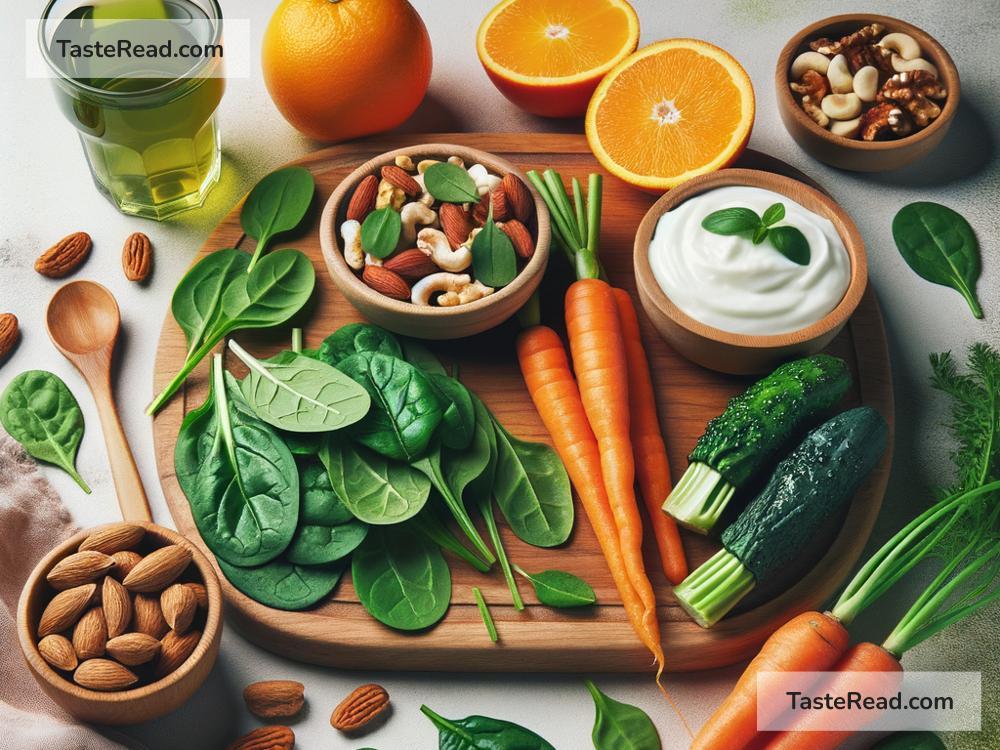Foods That Reduce Gum Bleeding: Simple Tips for Healthier Gums
Gum bleeding can be a frustrating and uncomfortable problem. Whether it happens while you’re brushing your teeth or eating certain foods, it’s often a sign of gum disease, poor oral hygiene, or even nutritional deficiencies. But did you know that some foods could help reduce gum bleeding and improve overall gum health? Let’s explore the connection between diet and your gums, and learn which foods can support a healthy smile.
Why Do Gums Bleed?
Before diving into the foods that can help, it’s useful to understand why gums bleed in the first place. Bleeding gums are often caused by:
- Gingivitis: The early stage of gum disease, caused by plaque buildup.
- Vitamin Deficiencies: Especially a lack of Vitamin C.
- Poor Oral Hygiene: Not brushing or flossing correctly can lead to inflammation.
- Smoking: Weakens gums and reduces circulation.
- Hormonal Changes: Pregnancy or hormonal shifts can impact gum health.
- Underlying Health Conditions or Medications: Conditions like diabetes or medications like blood thinners can make gums more prone to bleeding.
The good news? Making changes to your diet can promote healthier gums and reduce bleeding. Eating the right foods can give your body and mouth the nutrients it needs to heal and stay strong.
Foods That Help Prevent Gum Bleeding
Here’s a list of foods that support gum health and reduce bleeding:
1. Leafy Greens
Spinach, kale, and lettuce are all packed with vitamins and minerals that are great for oral health. They are high in Vitamin C, which helps strengthen blood vessels and reduce inflammation in the gums. Plus, their fiber content helps scrub your teeth as you chew, reducing plaque buildup.
Why They Help: Vitamin C boosts gum tissue repair, while calcium strengthens teeth and bones.
2. Citrus Fruits (But Be Careful)
Oranges, lemons, and grapefruits are rich in Vitamin C, essential for gum health. Deficiency in this vitamin can cause scurvy, which leads to severely bleeding gums. Eating citrus fruits can help heal and strengthen gums.
A Tip: These fruits are acidic, so rinse your mouth with water after eating them to prevent enamel erosion.
3. Carrots
Carrots aren’t just good for your eyes! Chewing raw carrots stimulates saliva production, which helps wash away harmful bacteria. They are also packed with Vitamin A, which plays a role in maintaining the health of your gums.
Why They Help: Saliva fights bacteria, while Vitamin A supports mucous membranes like your gums.
4. Fatty Fish
Fatty fish like salmon, mackerel, and sardines are rich in Omega-3 fatty acids, which are anti-inflammatory. They help reduce redness, swelling, and bleeding in your gums brought on by gum disease.
Why They Help: Omega-3s lower inflammation and boost immune system responses to oral infections.
5. Dairy Products
Milk, cheese, and yogurt are loaded with calcium and phosphates, which strengthen teeth and support gum health. Cheese also encourages saliva production, which can help reduce bacteria in your mouth.
Why They Help: Calcium promotes strong bones and gums, while phosphorus aids in mineral balance.
6. Green Tea
Drinking green tea may improve gum health thanks to its anti-inflammatory properties and antioxidants known as catechins. These compounds help reduce gum bleeding and protect against bacterial infections.
Why It Helps: Antioxidants fight inflammation and reduce damage caused by bacteria.
7. Garlic and Onions
Garlic and onions are natural antimicrobial foods that help kill bacteria that cause plaque buildup and gum disease. Adding these to your meals can lead to healthier gums.
Why They Help: Their natural antibiotic properties reduce oral bacteria, improving gum health.
8. Nuts and Seeds
Almonds, walnuts, chia seeds, and flaxseeds are rich in vitamins and minerals like Vitamin E, Zinc, and Omega-3s. These nutrients fight inflammation and promote healing.
Why They Help: Zinc supports immune health, while Omega-3s combat inflammation.
9. Berries
Strawberries, blueberries, and other berries are rich in antioxidants and Vitamin C. These help protect and heal gums while fighting bacterial damage.
Why They Help: Antioxidants reduce tissue damage, and Vitamin C strengthens gums.
10. Sweet Potatoes
Sweet potatoes are high in beta-carotene, which your body converts into Vitamin A. This essential nutrient supports gum health by boosting the repair and maintenance of gum tissue.
Why They Help: Vitamin A helps the body regenerate mucous membranes, including the gums.
Other Things You Can Do for Gum Health
While including these foods in your diet can make a big difference, it’s also essential to practice good oral hygiene:
- Brush your teeth twice a day with a fluoride toothpaste.
- Floss daily to remove food particles and plaque between teeth.
- Use an antibacterial mouthwash to reduce oral bacteria.
- Stay hydrated—water helps flush away food and bacteria.
- Avoid sugary and processed foods, which feed harmful bacteria.
And don’t forget to visit your dentist regularly! Professional cleanings and check-ups will help catch problems early and keep your gums in great shape.
A Balanced Diet for Healthy Gums
Gum bleeding doesn’t just happen because of poor oral care—it can also be a sign that your body needs better nutrition. Adding these gum-friendly foods to your meals can strengthen your gums over time and reduce inflammation. Combined with regular brushing and flossing, a healthy diet gives you all the tools you need for a confident, bleeding-free smile.
Take care of your gums because they’re the foundation of a healthy mouth—and a healthy you!


